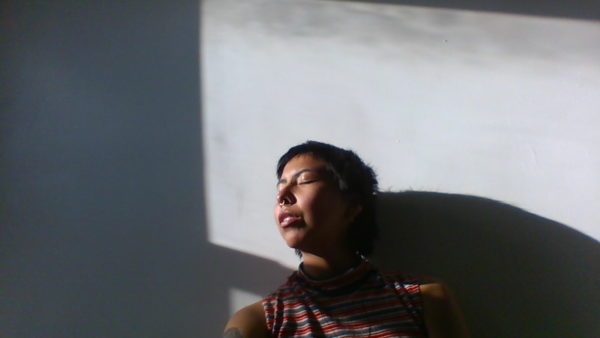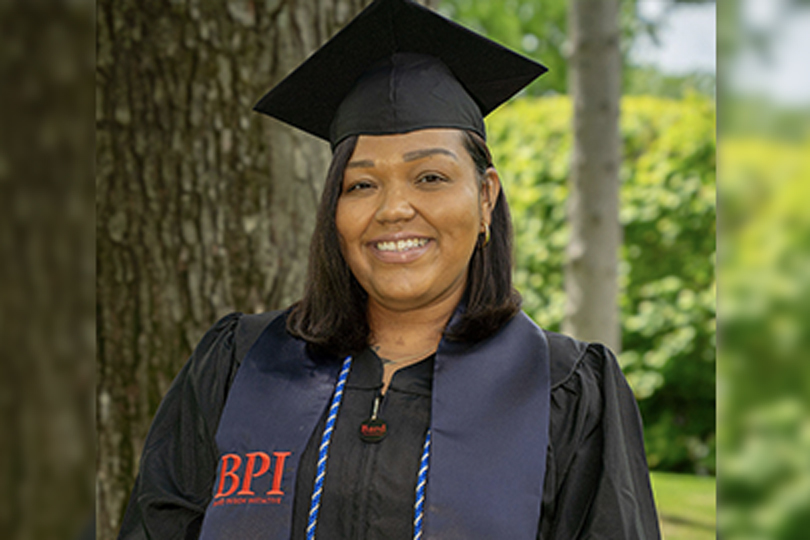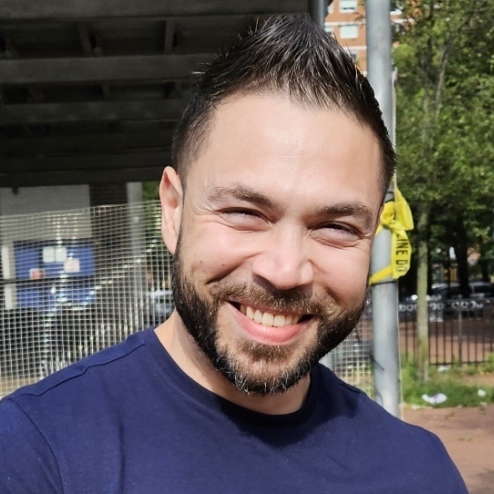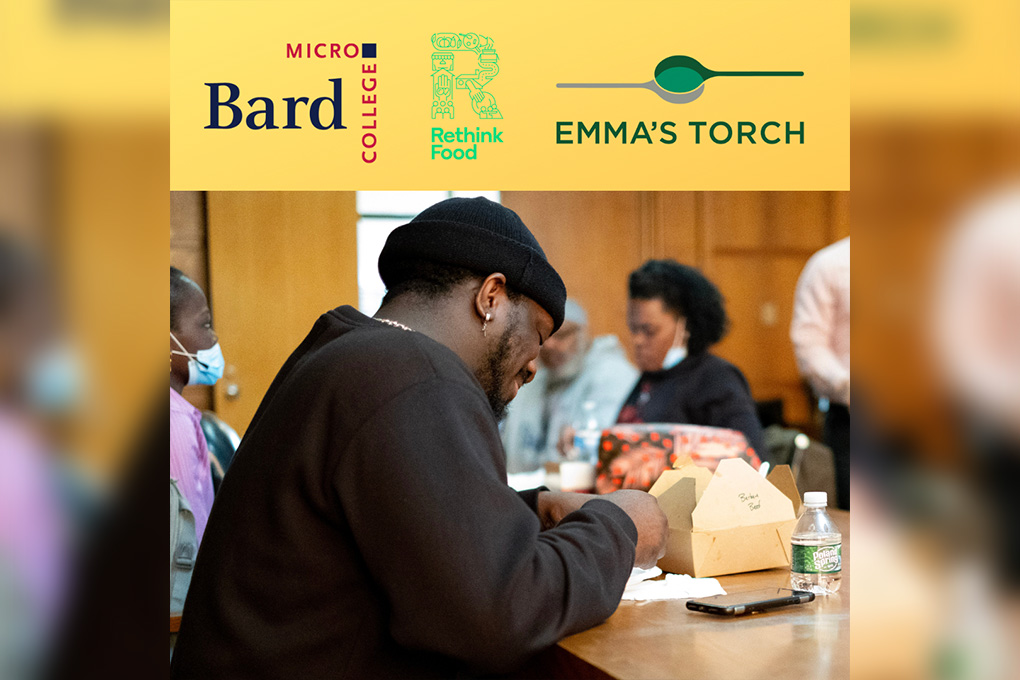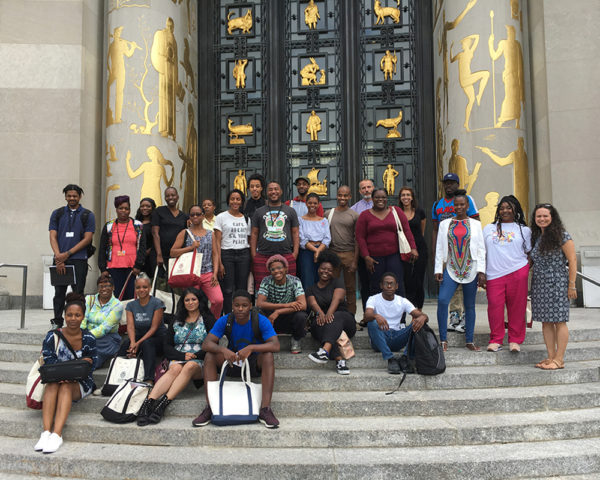This reflection by Aru Apaza ’22 is part of the Community Voices op-ed series for the BPI Public Health Journal. Throughout the COVID-19 crisis, BPI alumni, staff, and faculty and Bard Microcollege students will be posting reflections about their work, studies, and response to the virus here on the BPI Blog.
Before I begin my first class of the day, I move my body to a playlist that my classmates made. Although body movement is scientifically proven to enhance brain health, this isn’t my personal morning ritual. This is something our professor implemented and it takes only 2 minutes. While sometimes not everyone is brave enough for solitary dancing in front of a camera, everyone shares a smile and a laugh. We start our day with communal joy.
Once 80 minutes have passed, our class ends with some breath work to ground us in preparation for the next class. Our professor understands the importance of being present with ourselves so that we’re present with each other. With our current instability in the world, students’ minds swirl with news, family business, income, and schoolwork. Our bodies are tethered to our homes, but our minds existing in one place doesn’t feel possible. It isn’t possible. This is where transformation can begin.
Disasters are moments of collective experience and bring drastic change within a society. They clearly define lines of connectivity to one another. We collectively experience the unknown and simultaneously mourn the loss of stability, through jobs and loved ones. A disaster is destruction, yes, but it also presents an opportunity for reimagining the rebuilding process.
In her recent article, Arundhati Roy describes the pandemic we are all experiencing as an opportunity to critically evaluate all the parts of our society and imaginatively dream of new solutions. Roy exclaims, “It is a portal, a gateway between one world and the next. We can choose to walk through it, dragging the carcasses of our prejudice and hatred, our avarice, our data banks, and dead ideas, our dead rivers, and smoky skies behind us. Or we can walk through lightly, with little luggage, ready to imagine another world. And ready to fight for it.”
I’ve been spending so much time thinking of the world I want to fight for—the world I want to implement. One without borders, one without cages. And I am not alone in this vision: many are questioning and critiquing what we call “normal.” This is our moment now to implement it, however big or small.
As this semester comes to a close, I have been thinking of you, fellow students who are also working hard to finish this semester amidst this drastic change. I send my solidarity and thoughts: Stay safe and take care of each other.
We are Bard students. Dedicating ourselves to question, critique, and dream other realities and possibilities is a part of our course work. This identity and this task are shared between us. We may not know what the rest of the years hold, but we walk forward asking questions.
